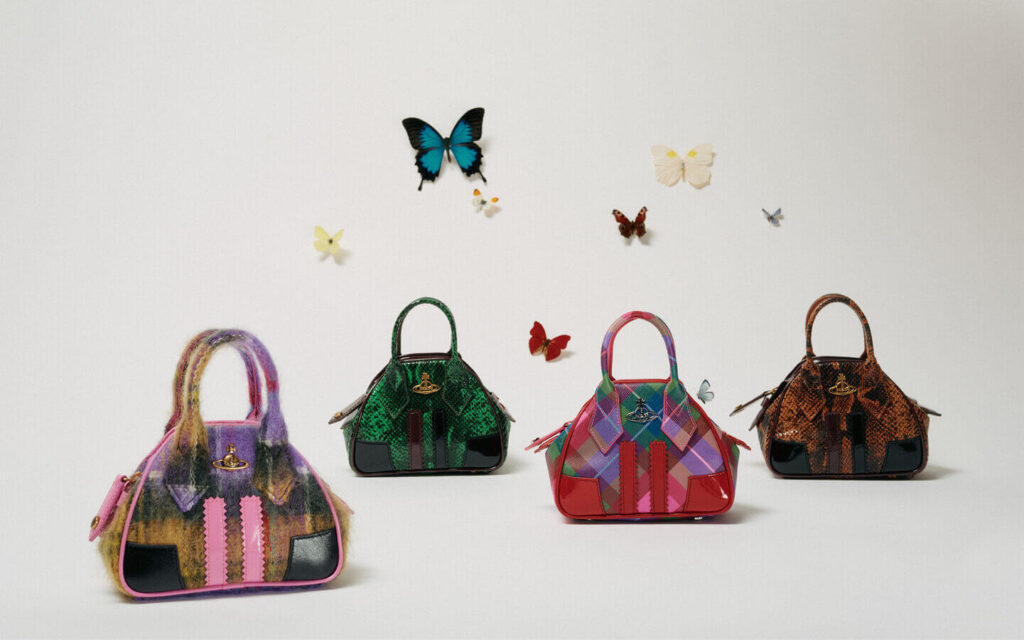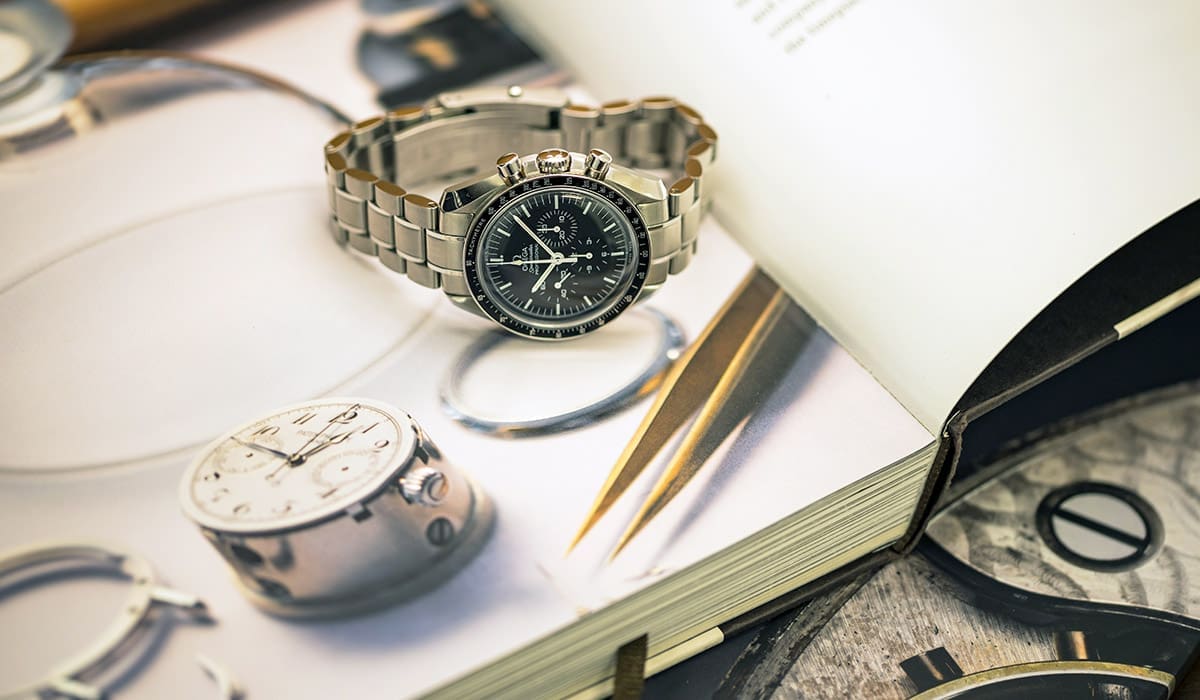
Courtesy of Marcella.
Marcella
It’s tough to think of philanthropy and sleek, jet-black New York fashion as going hand-in-hand, but Marcella marries the two perfectly. The brand is the product of a love story between founders Siyana Huszar and Andy Huszar: Their love for each other, for sophisticated city style and for women and girls is what ultimately led them, after years of working corporate nine-to-five jobs, to launch their company.
Siyana comes from a line of female fashion designers. She grew up sowing with her grandmother, a designer in Bulgaria, and developed her own polished taste while living in New York City. That is also where she—after realizing she had limited space in her tiny closet inside her Manhattan apartment and couldn’t afford the designer labels she was seeing on Fifth Avenue—came up with the idea of Marcella.
“I really wanted to dress a woman like me: someone who wanted to feel empowered and strong and understated but not afraid to stand out in a crowd,” Siyana said. “My designs are very minimalist, very simple, but there’s always a little bit of a twist or a cool edge to it. It’s a lot of black, grey, beige and off-white—almost like a uniform, but with a lot of uniqueness to it.”
With her refined, clean style and design aesthetic also comes a minimalistic approach to life. “Owning less is sustainable,” she said.

Courtesy of Marcella.
Marcella
Marcella was built with sustainability and ethics in mind, and the founders are extremely transparent about their production methods and core values. Apart from using organic and sustainable fabrics when they can, recycling materials and using biodegradable packaging, Siyana and Andy prioritize female empowerment in various ways: by offering high-quality pieces designed for the female body at affordable price points, by giving their predominantly female team above-average wages and benefits and through their partnership with Camfed.
Camfed is a non-governmental, non-profit organization working to eradicate poverty in Africa through the education and empowerment of young women and girls.
For every design Marcella sells, the founders pay for five school days for a girl in Africa. That includes tuition, uniform, transportation to the school, sanitary pads, books—basically everything a girl needs to go to school for those days.
“This may sound corny, but we want to revolutionize the ethics of fashion for the benefit of women and girls,” Andy said, explaining that helping provide education for girls in underdeveloped countries is as important to them as creating beautiful designs for strong, working women around the world.

Courtesy of Marcella.
Marcella
When asked how the two came up with such an inspiring brand model, Andy turned on his charm, endlessly complementing his wife and business partner and naming her as Marcella’s No. 1 muse in both style and values.
“We met during a fateful Italian dinner,” Andy said, making Siyana laugh. “The bruschetta was on the way and we sort of realized that we shared this real passion for advancing women.” “That we were both feminists,” Siyana added. “I really, really have appreciated this about him.” “And me about her,” Andy agreed.
It was actually in 2010, before that Italian dinner, when Siyana started her brand as a hobby on Etsy. She sold one dress, then two, then became an Etsy sensation, but it was with Andy’s help (he worked for 11 years in economic development at the U.S. Federal Reserve System) and with the feedback from their customers that she was able to develop Marcella into a high-end, coveted label with an incredibly positive mission.

Courtesy of Marcella.
Marcella
“We have friends who, for years, were like, ‘What are you guys exactly doing? You left your jobs? You have an Etsy store? I mean, what is happening?'” Andy said with a laugh, adding that for the first six years of their brand they took their own photos, and to this day they still source all their own fabrics. “No one knew what we were doing, but we have always had this … call it insanity or call it confidence that we can actually do something well and we can make an impact,” he said.
Apart from their genuine passion for what they do, what sets the founders apart from other fashion entrepreneurs is their interesting and very sustainable production model, which consists of them producing pieces every six weeks, depending on how much each style is selling. This minimizes dead stock and makes them, as designers, much more responsive to the market.

Courtesy of Marcella.
Marcella
Their main factory is in Bulgaria—the original textile hub of Europe—and they also have offices in New York City and Northampton, Massachusetts, which Andy said appealed to them because of its “very female-empowered community.”
As of now, the founders have 46 people in their company, and are focusing on creating versatile, monochromatic designs for the mindful, chic woman who is looking to cleanse her wardrobe and change the world.
“For women and girls in particular, it’s been a pretty horrendous year,” Andy said. “We really do need to focus on each other as a society and try to lift each other up.”





More Stories
Top 10 Cakes Ideas that you must try out – Designs for life
Whites’s IGA officially unveils sixth store at Forest Glen Village Centre
Labor and Material Cost Increases: Planning for your Small Business in 2022